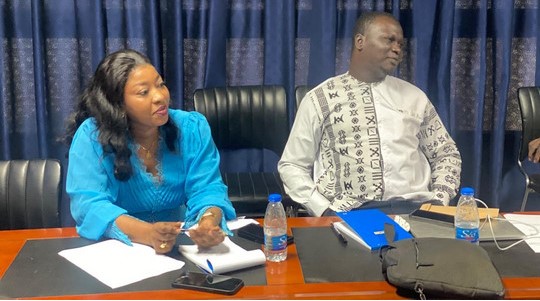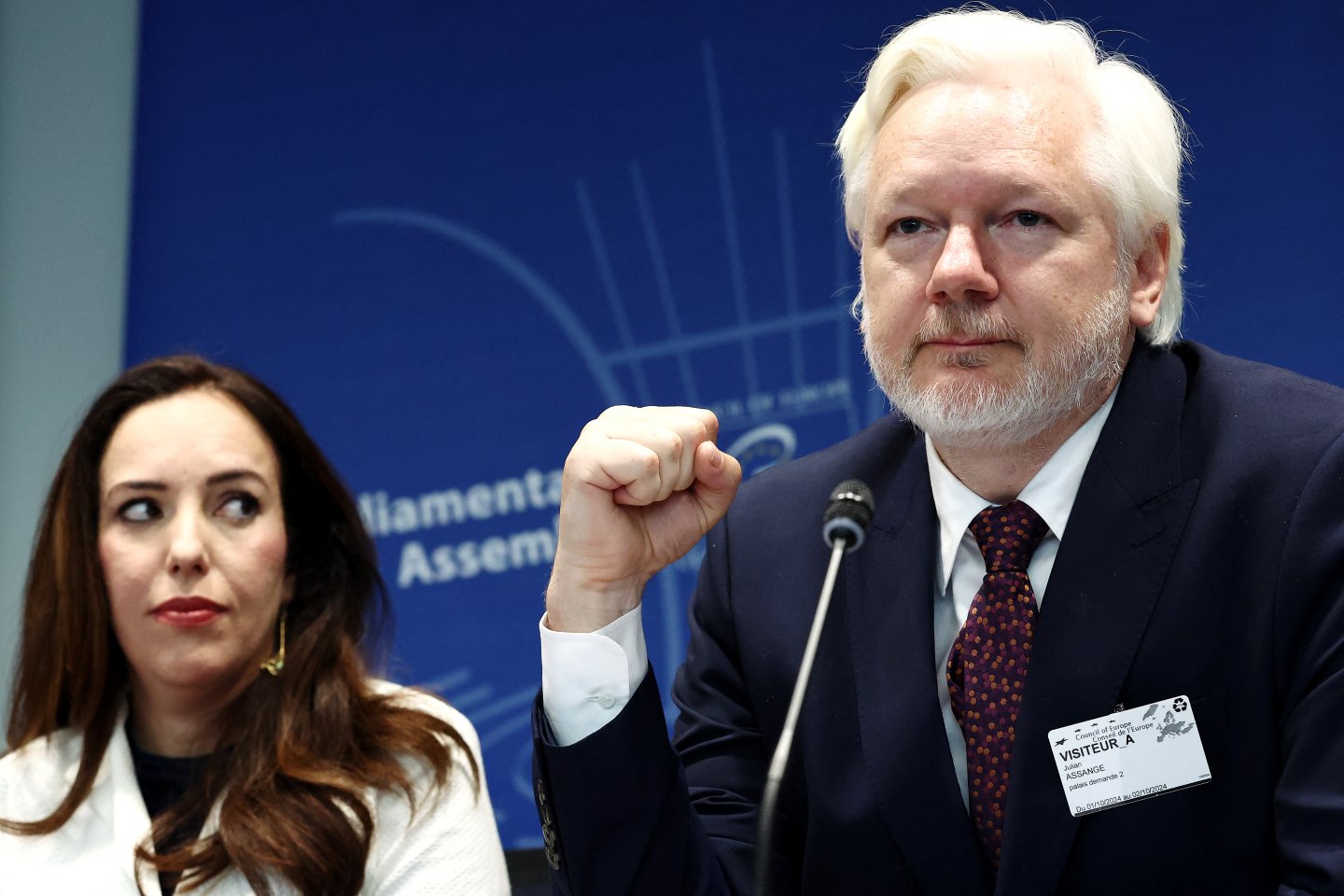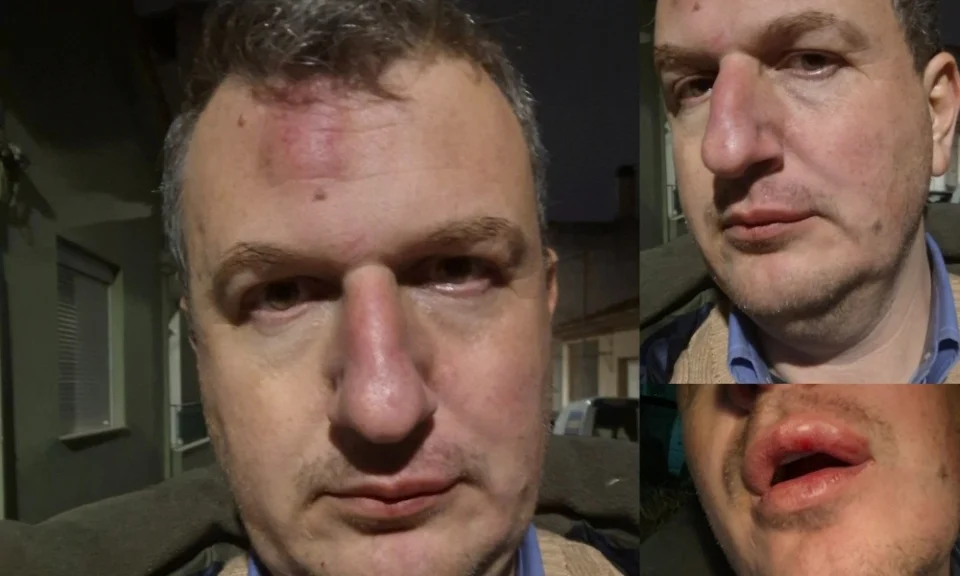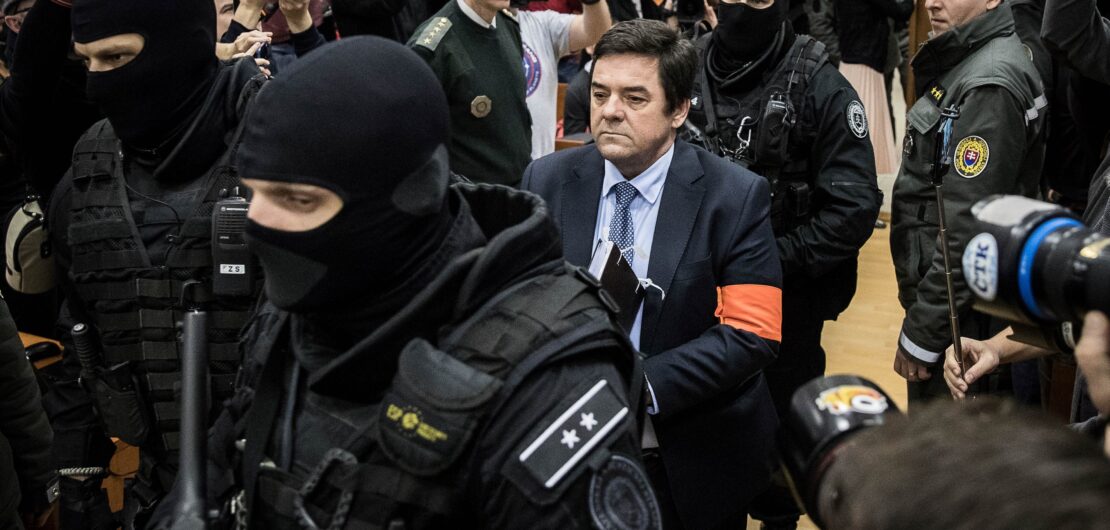
Senegalese Editors Join IFJ Initiative to Strengthen Ethical Reporting
October 1, 2024
Digital Retaliation: Hackers Strike Ukrainian Investigative Outlet Slidstvo.Info
October 2, 2024October 01, 2024 – UK –
Julian Assange, the WikiLeaks founder, recently released after 14 years of legal limbo, made his first public remarks on October 1, 2024, addressing the Parliamentary Assembly of the Council of Europe (PACE) in Strasbourg. In a powerful and emotional testimony, Assange reflected on the personal cost of his prosecution and the broader threat it poses to press freedom worldwide.
Appearing before European lawmakers, Assange said he had pleaded guilty not because he believed he committed a crime, but because it was the only path to freedom. “I pleaded guilty to seeking information from a source, obtaining information, and informing the public,” he said. “In other words, I pleaded guilty to being a journalist.” He described his decision to accept a plea deal with U.S. authorities as choosing “freedom over justice,” a painful concession after years of detention, embassy asylum, and solitary confinement.
Assange’s appearance was part of a Council of Europe hearing on the chilling effects of his case on human rights, particularly on freedom of expression and the right to know. The Council’s Legal Affairs and Human Rights Committee had earlier described Assange as a political prisoner, raising alarm that his treatment would deter whistleblowers and investigative journalists from exposing state wrongdoing.
Press freedom organizations, including Reporters Without Borders (RSF), hailed the hearing as historic. RSF Director of Campaigns Rebecca Vincent emphasized that Assange’s prosecution under the U.S. Espionage Act created a dangerous global precedent: that journalists anywhere could face imprisonment for publishing information of public interest. The Council of Europe is now considering a resolution to reinforce legal protections for journalists and call out the abuse of national security laws to silence dissent.
Assange’s testimony was not just a personal account of persecution, but a clarion call against a growing global trend of criminalizing journalism. His words underscored how vulnerable journalists remain in the face of state power, and how the defense of press freedom is not merely symbolic—it is a fight for the survival of democratic transparency itself.
Reference –




